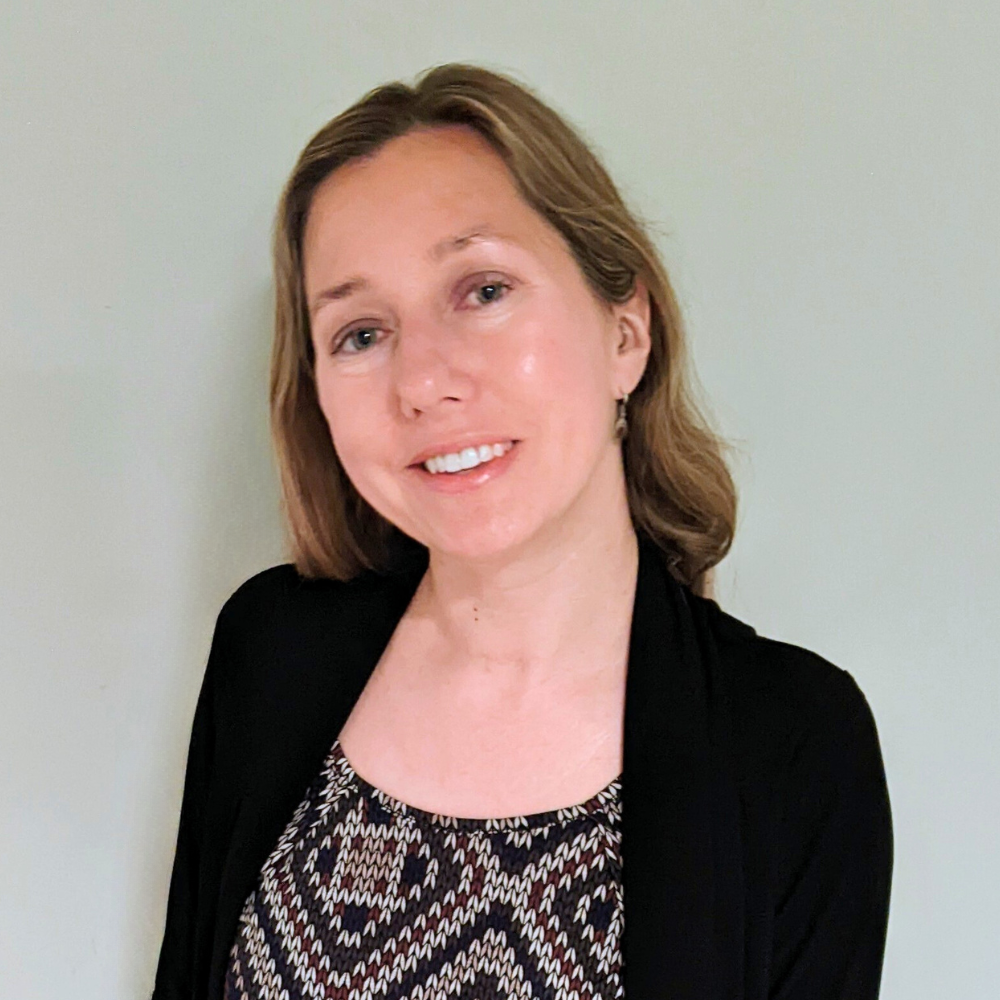Quarterly online training
February 2026
Healthy Sexuality in Sex Offense Treatment
Presenter: Nikole Nassen, Ph.D.
Sexuality holds a unique place in Sex Offense Treatment Programs (SOTPs). In an effort to reduce future sexual violence, SOTPs have historically emphasized treatment approaches that focus on the suppression of sexual urges and the reduction of problematic sexual behaviors. However, highlighting the importance of sexuality and assisting clients in finding consensual ways of meeting sexual needs may help SOTPs in their efforts to reduce sexual offense recidivism. This might be accomplished through providing sexual education, assisting clients in challenging myths and misconceptions about sexuality, providing tools to improve sexual communication, and helping clients achieve satisfying and meaningful sexual experiences. This presentation will focus on healthy sexuality for adults who have histories of sexual offending. It will introduce the concept of healthy sexuality and its value in SOTP. Barriers to helping clients achieve healthy sexuality goals will be discussed. Treatment exercises to assist clients in better defining and attaining healthy sexuality goals will be provided.
Nikole Nassen, Ph.D., is a clinical psychologist and the director of the Sex Offender Treatment Program at Naval Consolidated Brig Miramar. She has been involved in program development and implementation for Naval Corrections’ Violent Offender and Sex Offender Treatment Programs and has worked with individuals who have expressed non-traditional sexual interests in the context of these programs. Dr. Nassen is a Clinical Member of the Association for Treatment and Prevention of Sexual Abuse (ATSA) and is a member of ATSA’s Adult Clinical Community of Practice. She is also the Training Coordinator for the California Association for Treatment and Prevention of Sexual Abuse (CalATSA). Dr. Nassen received her doctorate degree in Clinical Psychology from Alliant International University in 2008. She has assessed and treated individuals who have committed violent and sexual offenses, as well as individuals with mental health concerns, in community and in correctional settings. She has also completed clinical and forensic evaluations of adults and adolescents for the Delinquency and Dependency Courts in San Diego
This workshop is FREE .
There is a $25.00 Charge for CEUs:
Psychological Services, Inc. will offer Continuing Education Units.
The American Psychological Association approves Psychological Assessment, Inc. (PAI) to sponsor continuing education for psychologists. PAI maintains responsibility for this program and its content.
February 19th, 2026 at 10:00 am to 12:00 pm PST
June 2026
May 22, 2026 11:30 am - 1 :30 pm
Are you interested in presenting at one of our trainings? Please download our presentation submission form for more information!
Our Organization relies on the generosity of our members, collaborators, attendees and supporters to provide high quality and relevant trainings to our stakeholders. Please consider supporting us with your donation.


